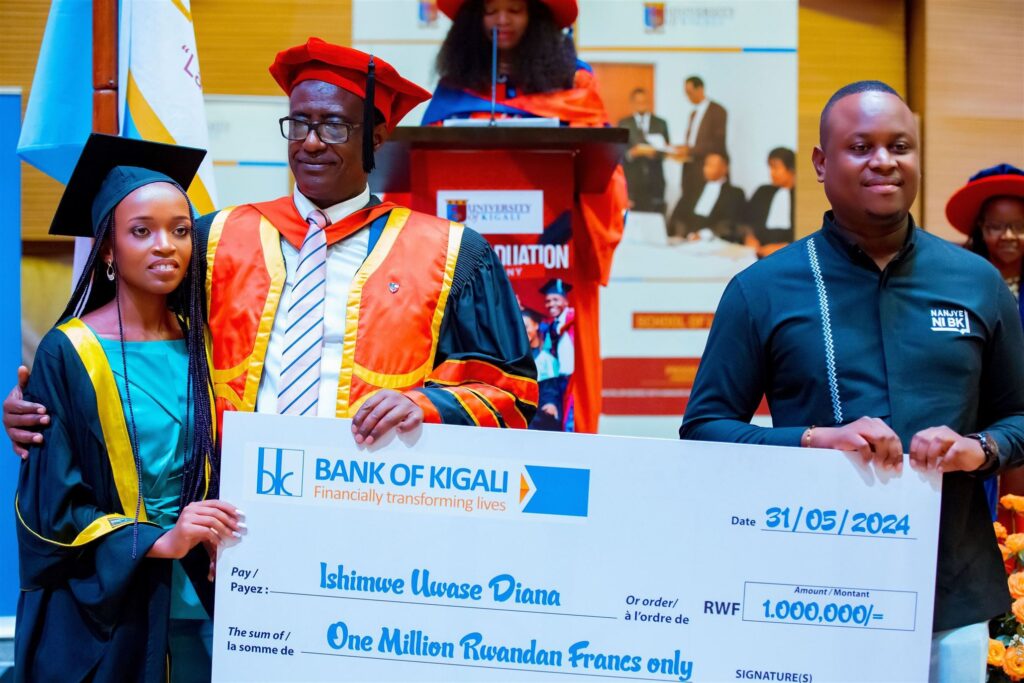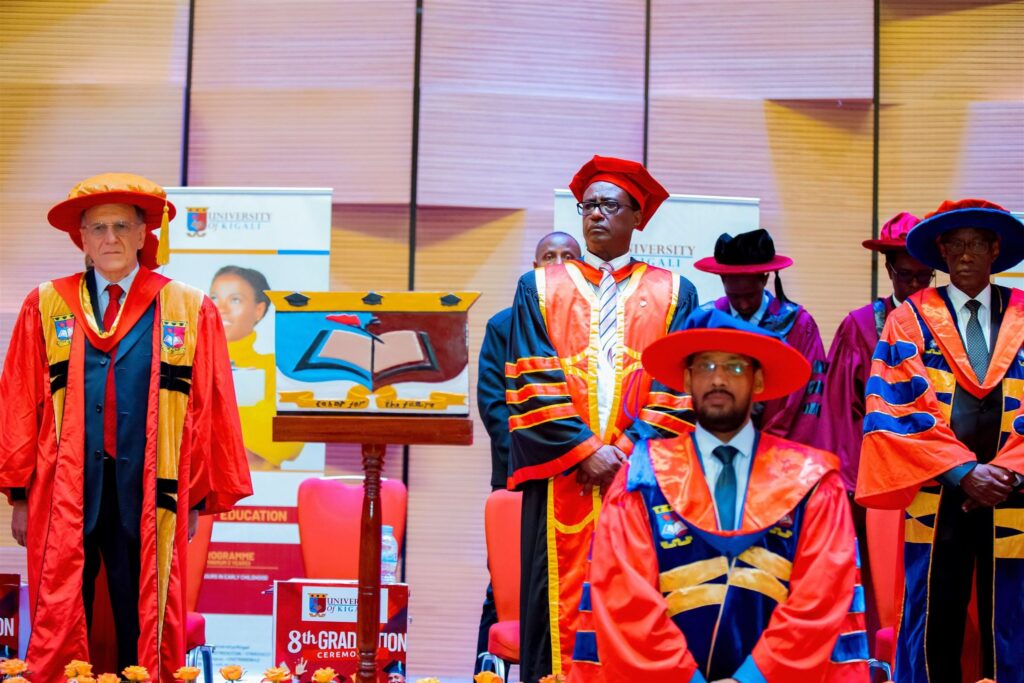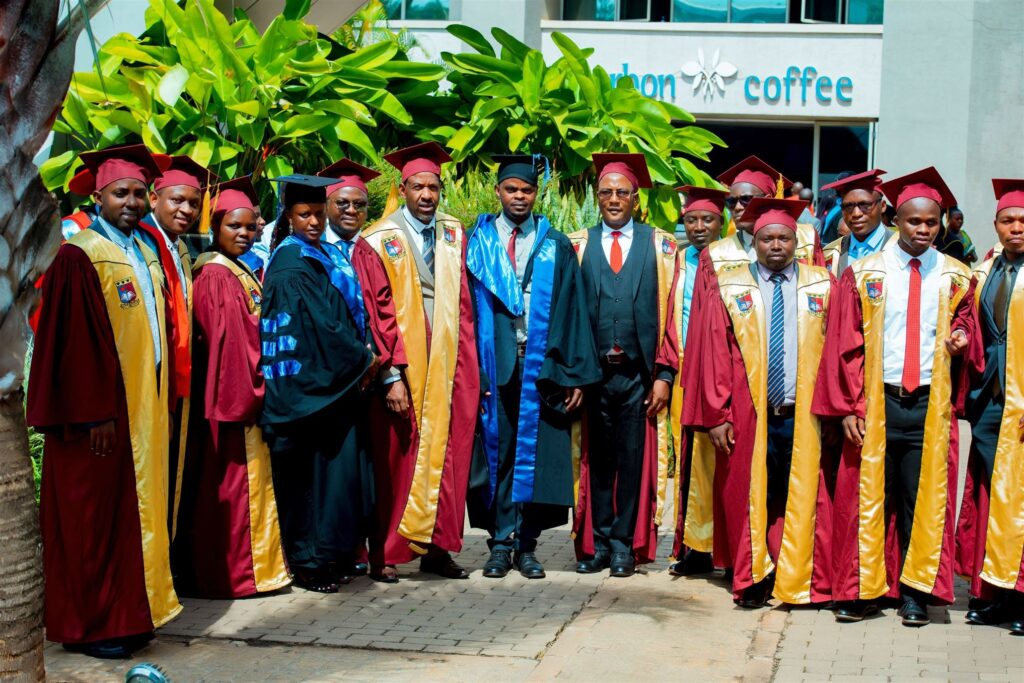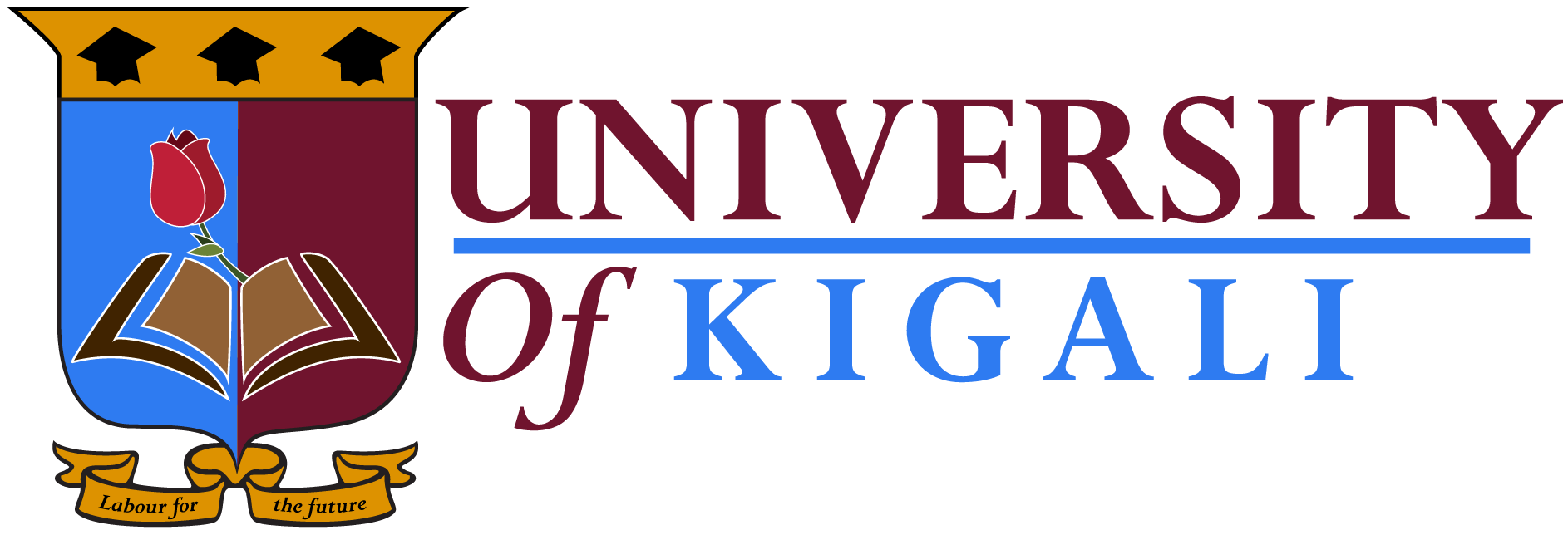Research Communities of Scholarship
The University of Kigali has organised its research effort into four communities of Scholarship.

The Green Science Community
The planet is moving precariously into doomsday times. The amount of carbon trapped in the ozone layer has resulted in huge changes in climate patterns around the world. The once ice-protected arctic and antarctic regions supporting the rare flora and fauna are flooding the oceans, causing frequent tsunamis and other associated environmental disasters. The Green science community will be focusing on research and scholarship of climate change and various intersecting themes, including climate and gender; climate and rural subsistence farming, climate and educational effects, green financial accounting; green HRM and sustainable planet systems
Staff championing the community include:
- Dr. Elizabeth Owino
- Dr. Jean de Dieu Dushimana
- Strato Ndyamuba
- Prof. Felix Maringe
- Kihooto Maringa
- Nyampinga M. Therese

Business Ethics, IT, and Performance
This community shares concerns about sustainable business practices, business integrity, climate-driven business transformation, and female business leaders, among other things.
Staff championing the Business ethics community include:
- Hakizumuremyi Cyrique
- Niyonkuru Schiman
- Dr. Kato Mahazi Kasozi
- Bukomeko Bernadine

Innovation, Industrial and Community-based Research (Multidisciplinary)
with the ultimate purpose of establishing an innovation hub, the community focuses on innovative ways of turning knowledge into innovation as usable forms. The community will try out ideas such as democratising knowledge beyond the academy, writing for non-academic purposes, amongst other. Reports on innovative solutions and their impact will be a strong feature of this community.
Staff championing the Innovation community include:
- Dr. Leopord Hakizimana
- Dr. Bugingo Emmanuel
- Elijah Kehoro
- Uwizeye Samuel
- Nkundabanzi Pacifique

Quality, Equity, and Social Justice in Education and Society (Education and Law)
Quality, equity, and social justice are the new laws governing the provision of education. These issues constitute the pillars of UN SDG 4, which seeks to provide fair and equitable access and equal chances of success in HE.
